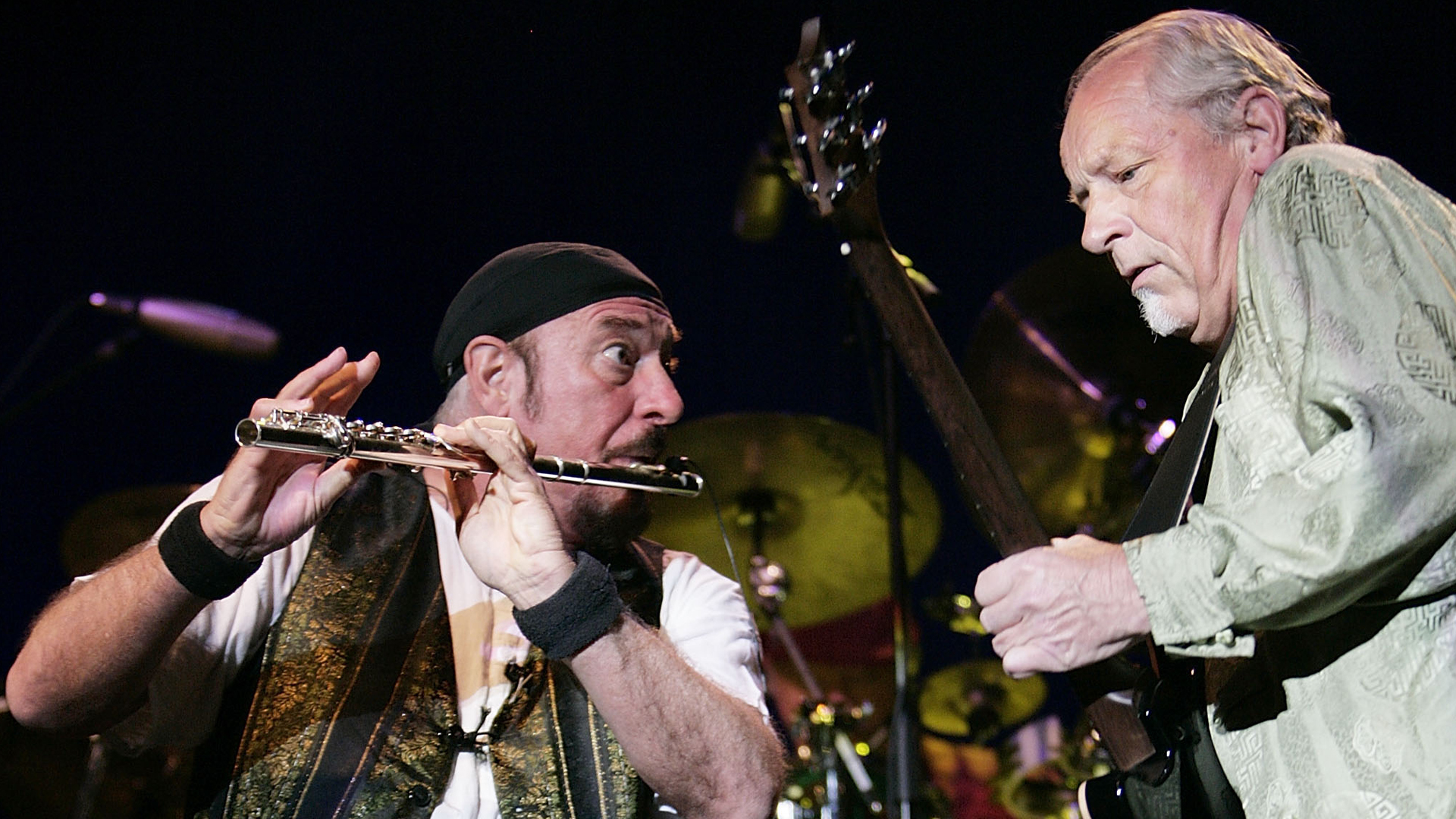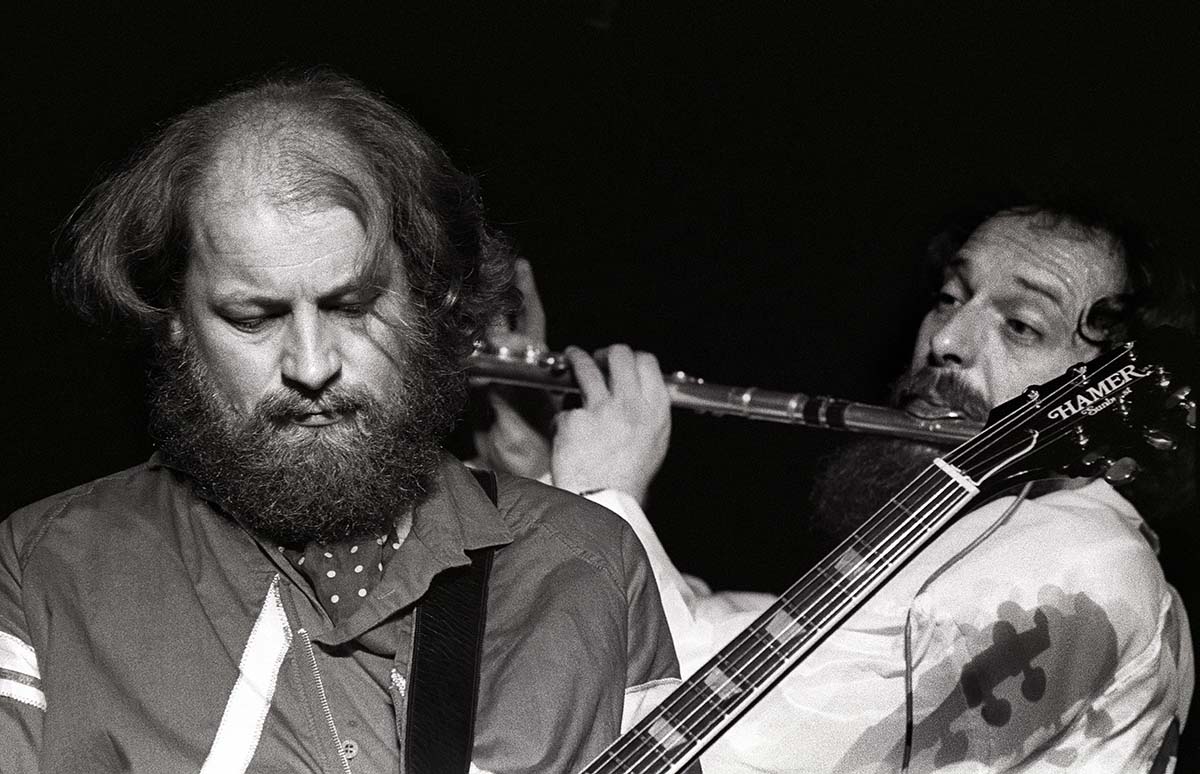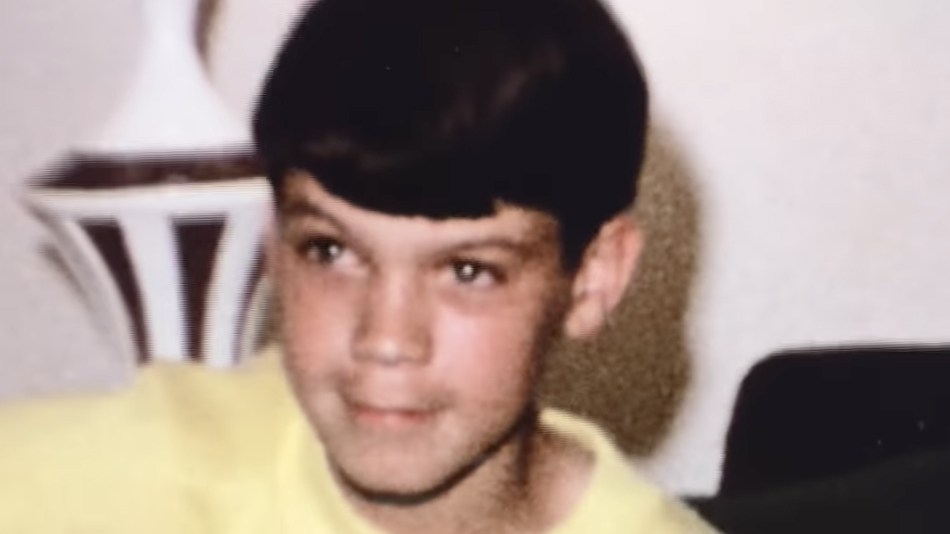“I was truly terrified. I was on the same stage as every one of my heroes: Mike Bloomfield, Jeff Beck, Jimi Hendrix." Martin Barre talks about sharing stages with his guitar royalty after Jethro Tull took a "big risk" hiring him in 1968
Barre explains how performing concerts with Hendrix, Beck and Jimmy Page made him a better guitar player

Martin Barre says Jethro Tull took “a huge plunge into the unknown” when they hired him in 1968, and recalls his early days with the band as “terrifying.”
The group had already showcased their blues-rock roots that year with their debut album, This Was. Ian Anderson’s flute added a fresh element to the familiar format, giving it what he called a "sort of progressive blues with a bit of jazz." But that didn't sit too well with guitarist Mick Abrahams, a blues purist who decided to leave and form the hardcore blues-rock group Blodwyn Pig.
Three guitarists stepped in to fill the void: Mick Taylor, formerly of John Mayall's Bluesbreakers’ and soon to be part of the Rolling Stones; a pre-Black Sabbath Tony Iommi; and Barre. Of the three, Barre’s knack for more angular, avant-garde playing made him something of a black sheep. Despite this — or, more likely, because of it — he won out the audition.
But as Barre tells Guitarist magazine, he recognized the element of risk the band had taken by putting their faith in his talents.
“They’d taken a huge plunge into the unknown getting me onboard as a guitar player,” he says. “Tull were a blues band." But as Barre explains, Anderson was focused on the group's long-range potential. "He was quite clever, looking ahead with the music. So he took a big risk having me there.”
As Barre attests, over the next few years and records, the band shaped itself into a far more progressive outfit, starting with 1971's Aqualung, on which Anderson played a Les Paul for the first and only time, and '72's Thick as a Brick, on which the group perfected its approach to the concept-album format. As formidable as Taylor and Iommi may be, it's hard to envision that same trajectory with them onboard.
But before Barre helped the band expand its musical horizons, he had to survive daunting tests with some formidable performers. After a debut show on December 30, 1968, in the small Cornish town of Penzance, Barre found himself sharing stages with Jimi Hendrix in Scandinavia, and Led Zeppelin and Vanilla Fudge in the U.S.
All the latest guitar news, interviews, lessons, reviews, deals and more, direct to your inbox!
“I was truly terrified,” he recalls. “In the first few months, I was on the same stage as every one of my heroes: Mike Bloomfield, Jeff Beck, Jimi Hendrix. I was really in at the deep end. I see those first years as building up an identity.”
As history proves, Barre proved himself with aplomb, playing a key role in transforming the blues rockers into one of the world’s premier prog bands.
He stepped down from the band in 2012, after more than four decades and 20 albums. Three years later, he sat down with Guitar World to discuss what those early days in Tull meant for his development.
“I was so new to touring. Hendrix was a masterful guitarist, a genuinely humble person, and he was always very nice to me,” he remembered.

“Within the first two years of my joining Tull, we shared the bill with most of the major guitar heroes and bands of the day. You name the band in 1969 and ’70, and we probably played with them!” he concluded.
Since his departure 12 years ago, Jethro Tull has been reconfigured into an Ian Anderson solo project as sorts, with the flutist and vocalist the last original member.
While he still tours under the Tull moniker, and many alumni of the band have featured in his live band, Barre told Guitar World in 2023: “I am Jethro Tull's guitar player. I was, I am now, and I always will be.”
Hear more from Martin Barre, cover star Joe Perry, Brian May, and much more in issue 517 of Guitarist. Head to Magazines Direct to pick up a copy.
A freelance writer with a penchant for music that gets weird, Phil is a regular contributor to Prog, Guitar World, and Total Guitar magazines and is especially keen on shining a light on unknown artists. Outside of the journalism realm, you can find him writing angular riffs in progressive metal band, Prognosis, in which he slings an 8-string Strandberg Boden Original, churning that low string through a variety of tunings. He's also a published author and is currently penning his debut novel which chucks fantasy, mythology and humanity into a great big melting pot.


